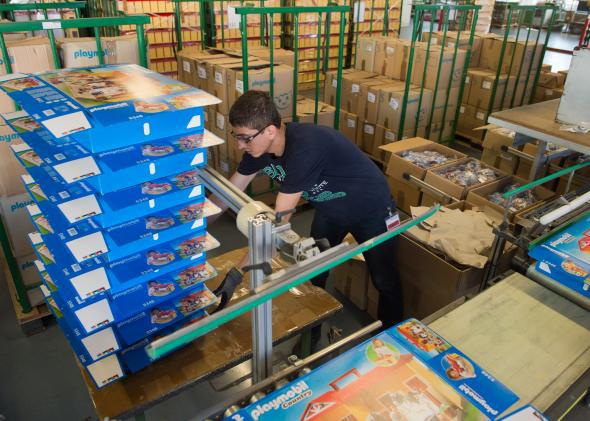Apparently while I was on vacation there’s been a resurgence of talk in the United States about the idea that Germany’s large trade surplus is problematic for the global economy. As it happens, I was talking to a German guy about something totally unrelated today and yet eventually he wound up making some joke about how Germans are so hard working and that’s how they get these exports that the American government thinks are so awful. The other thing you hear from Germans about this all the time is that the quality of German products explains Germany’s trade surpluses, and so demands for them to reduce trade surpluses are demands to make worse products.
This is all total nonsense. For starters, Germans actually don’t work that much. The average Germany workers puts in many fewer hours than the average Greek, Spanish, or Italian worker. This hard-working thing is just made up.
But beyond that, it’s irrelevant. The entire German narrative around the balance of trade is based on confusing gross exports and net exports. Gross exports are, well, exports. Germany sells a lot of exports. That is in fact because a lot of great products are made in Germany. Net exports is a question of what do you do with the money you earn from exporting. The United States, as it turns out, exports just about the same dollar value of goods and services as Germany exports. But we have a trade deficit because we import tons and tons of stuff as well. Germany has a trade surplus because it doesn’t import very much. A large share of the income Germans earn from exporting is deposited in German banks that then go out and lend the money to foreign banks and foreign governments. The proposal that Germany should reduce its trade surplus is not a proposal to export less stuff. It’s a proposal to buy more foreign-made goods and services.
More imported French cheese and Spanish wine. More vacations to Italy. On a policy level, you’d put in place a deficit-financed VAT cut and then let German citizens decide what they want to buy.
